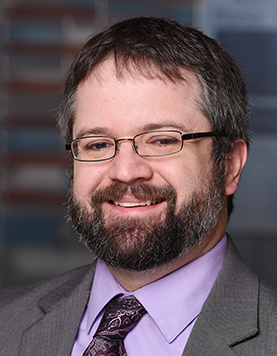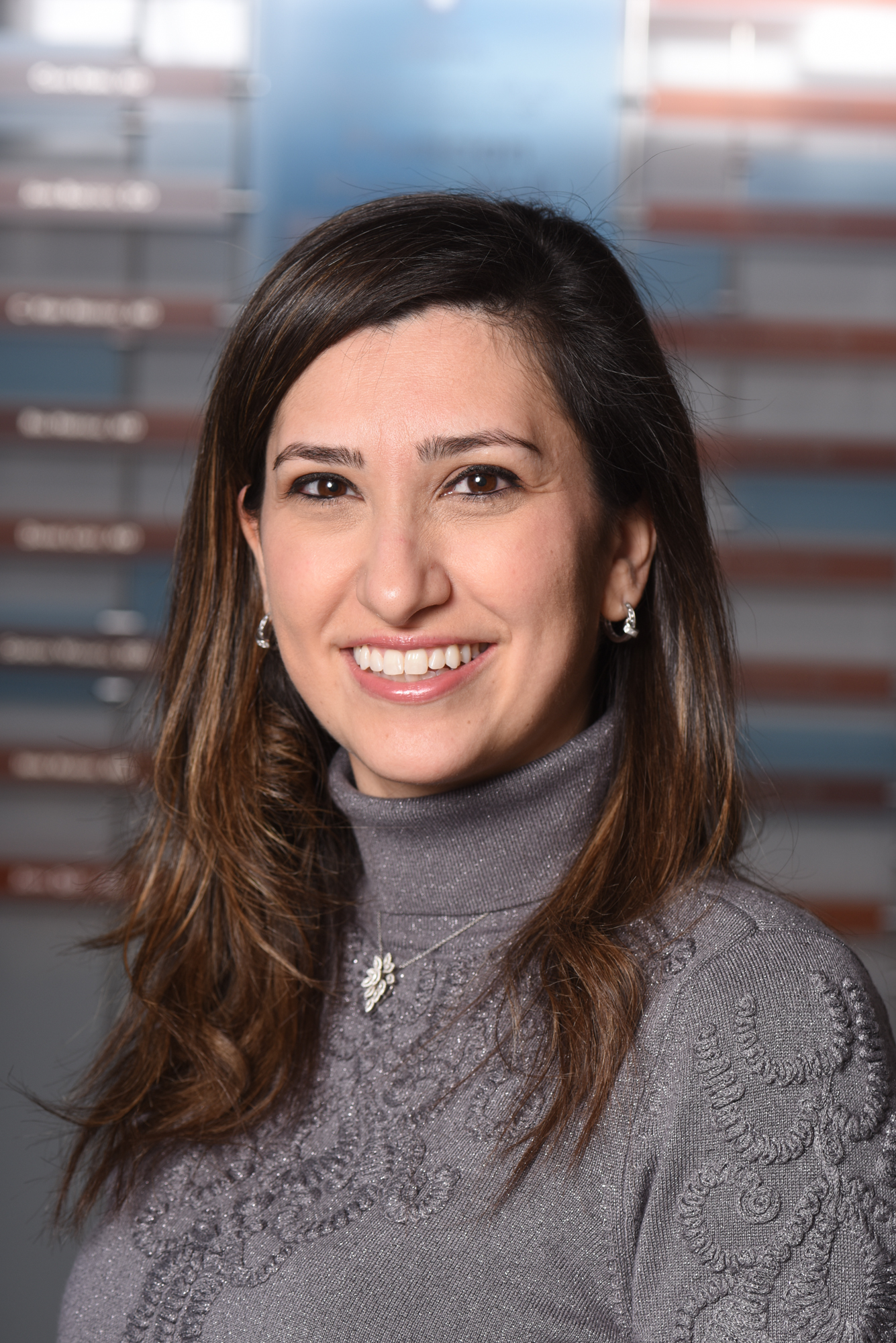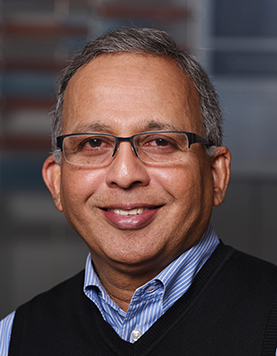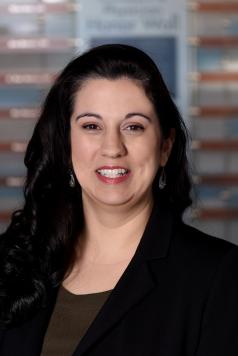Tumors of the brain and nervous system (also called neuro-oncology) are highly specialized and require a different approach to care. Dayton Children’s collaborates with the Children’s Oncology Group, an international organization that specializes in the treatment of children’s cancer. This partnership gives you access to the most up-to-date research and treatment plans while receiving care close to home. Beyond COG, Our team is integrated into a network of expert neuro-oncologists and neurosurgeons from around the world.
Children who are diagnosed with these tumors are at higher risk for behavior changes, learning difficulties, fertility issues and/or endocrine changes as a result of the tumor and treatment. We know this is a very stressful time for your family. We are here to help you both during and after your treatment.
your care team
Treatment of these complex tumors requires many different doctors to monitor children very closely for all possible side effects.
Our doctors can make referrals to specialists who can help and most of these can be seen without ever leaving our hospital. Members of our team include:
- Hematologist/Oncologists: doctors who, if needed, will provide your child’s chemotherapy
- Neurosurgeons: a doctor who operates on the brain and spinal cord
- Endocrinologists: a doctor to treat growth and/or hormone problems from the tumor or treatment
- Neuro-psychology: a doctor who is able to do specialized testing with your child to see exactly what education needs may be helpful
- Rehabilitation: Including physical and occupational therapy to help rebuild and maintain strength
- Radiation/Oncology: some of these tumors will need radiation therapy. Your child can receive radiation close to home. We are able to help you with travel concerns.
- Genetics: Some people have family risk factors that make them more likely to develop certain types of cancer. We can meet your family to see if you are at higher risk.
- Psychology: Our psychology department can help you and your child cope with their diagnosis. They can help your child manage stress and evaluate any behavior problems.
- Social Work: Able to help with financial resources as well as meeting with school nurses and teachers to help create positive learning environments for each individual child.
- Dietitian: Your child may have trouble eating during treatment. Our dietitians can help during this time.
- Neurology: Some children will have seizures from their tumor. We can provide testing and medication to help manage those side effects at Dayton Children’s.
- Nurse coordinator: You will have one person who can coordinate your child’s care with all the doctors your child will need to see. They can also answer questions about treatment.
After your child finishes therapy, they will be seen in our comprehensive clinic. We want to help make this transition as easy for you as possible. This clinic will allow your child to be seen by the same doctors all in one place during the same appointment.
Although this will not include every type of tumor we treat, some of the most common include:
- Astrocytoma
- Medulloblastoma
- Glioma
- Ependymoma
- And others
symptoms, diagnosis and treatment
brain tumors
A brain tumor occurs when there is a genetic alteration in the normal cells in the brain. The alteration causes the cells to undergo a series of changes that result in a growing mass of abnormal cells. Primary brain tumors involve a growth that starts in the brain, rather than spreading to the brain from another part of the body. Brain tumors are the second most prevalent type of pediatric cancer.
brain tumor signs and symptoms
- Headache
- Dizziness
- Balance problems
- Vision, hearing and/or speech problems
- Frequent vomiting
brain tumor diagnosis and treatment
A complete medical exam and physical history is the first step in diagnosis, followed by a neurological exam and imaging test(s), including:
- MRI
- CT scan
- X-ray
- Angiogram
Treatment of a brain tumor varies by the type, size, and location. Possible treatment options include:
- Surgery
- Radiation therapy
- Proton beam therapy
- Chemotherapy
- Targeted drug therapy
neuroblastoma
Neuroblastoma is a cancer that develops in the sympathetic nervous system, a network of nerves that carries messages from the brain throughout the body. Neuroblastoma is one of the five most common pediatric cancer types.
neuroblastoma signs and symptoms
- Impaired ability to walk
- Changes in eyes (bulging, dark circles, droopy eyelids)
- Diarrhea
- High blood pressure
neuroblastoma diagnosis and treatment
Neuroblastoma is diagnosed via multiple tests, including:
- Blood and urine catecholamine tests
- CT/CAT scan
- MRI
- Biopsies
Treatment of neuroblastoma varies per child, treatment options may include:
- Surgery
- Chemotherapy
- Radiation therapy
- Retinoid therapy
- Immunotherapy
patient stories
Read below for inspirational stories of some of our patients.





